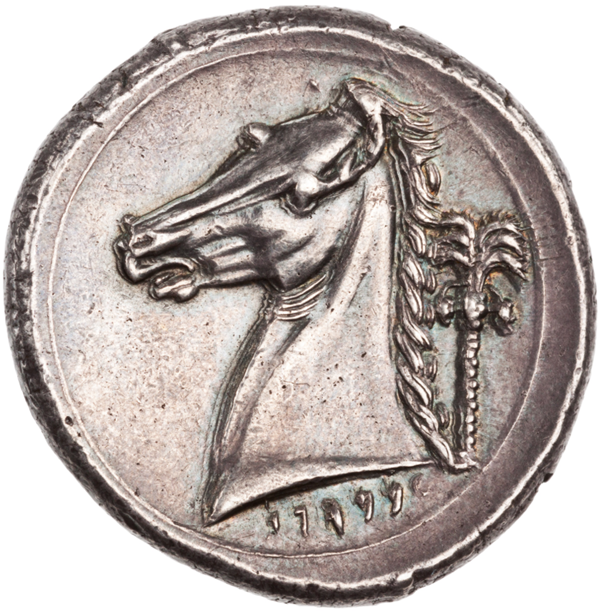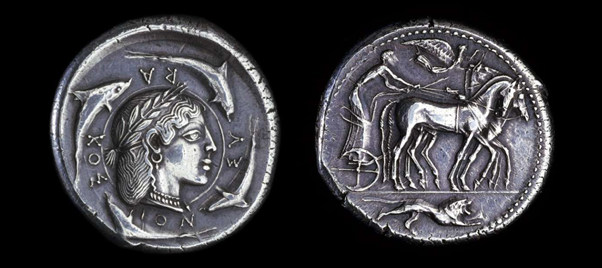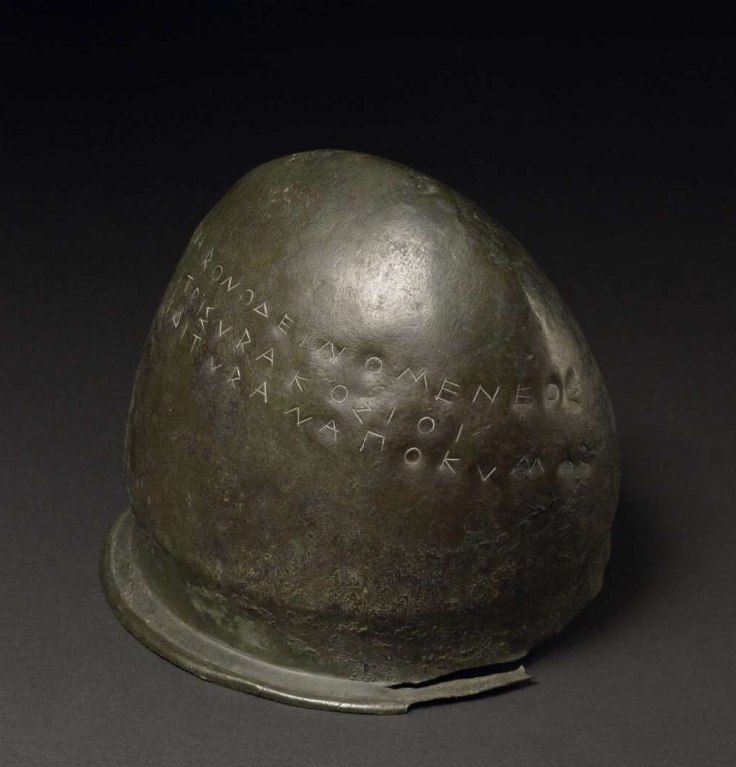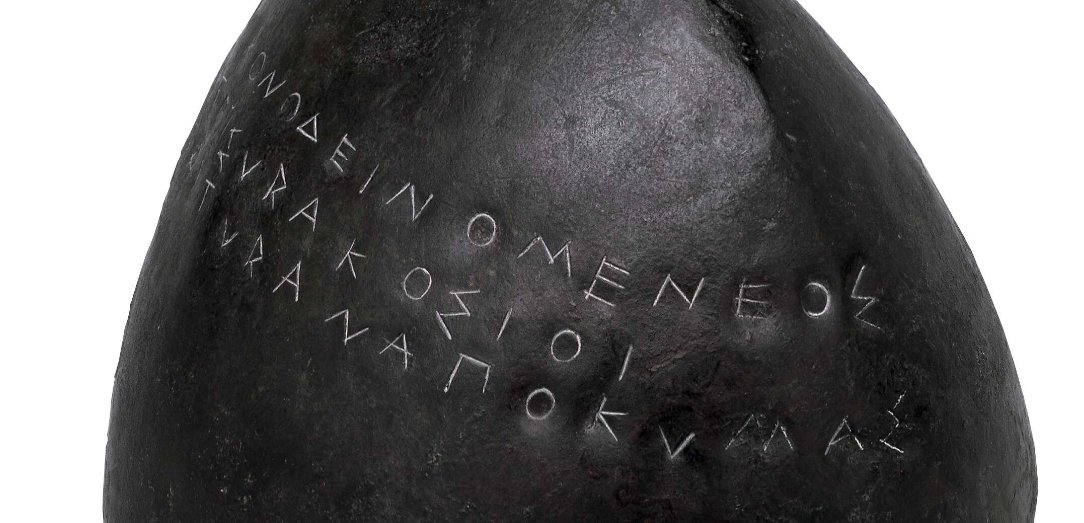
#LatinForTheDay - 8 March
"par volucer superis, stellas qui vividus aequat
durando membrisque terit redeuntibus aevum,
non epulis saturare famem, non fontibus ullis
adsuetus prohibere sitim; sed purior illum
solis fervor alit ventosaque pabula potat...
"par volucer superis, stellas qui vividus aequat
durando membrisque terit redeuntibus aevum,
non epulis saturare famem, non fontibus ullis
adsuetus prohibere sitim; sed purior illum
solis fervor alit ventosaque pabula potat...

"Tethyos, innocui carpens alimenta vaporis.
arcanum radiant oculi iubar. igneus ora
cingit honos. rutilo cognatum vertice sidus
attollit cristatus apex tenebrasque serena
luce secat."
Claudian, Shorter Poems 27 (XLIV).11-20
arcanum radiant oculi iubar. igneus ora
cingit honos. rutilo cognatum vertice sidus
attollit cristatus apex tenebrasque serena
luce secat."
Claudian, Shorter Poems 27 (XLIV).11-20
'That bird is akin to the gods, whose lifespan equals the
Stars and whose renewing limbs wear away the ages.
No food is needed to sate its hunger, nor is its thirst
Quenched by any spring. Rather the bright ray of the
Sun is its nourishment, the spray of the sea its drink....
Stars and whose renewing limbs wear away the ages.
No food is needed to sate its hunger, nor is its thirst
Quenched by any spring. Rather the bright ray of the
Sun is its nourishment, the spray of the sea its drink....
'It grazes on these ephemeral emanations, nothing more.
Its eyes blaze with an arcane glimmer, a flaming halo girds its head.
Its crest beams with brilliance, the Sun's own light, and it
Banishes the gloom with its serene gleam.'
Its eyes blaze with an arcane glimmer, a flaming halo girds its head.
Its crest beams with brilliance, the Sun's own light, and it
Banishes the gloom with its serene gleam.'
The Image at the head of this thread is the fresco from the Thermopolium of the Phoenix, Pompeii (I.11.11). The message "Phoenix Felix Et Tu" [CIL IV 9850] may be translated as 'The phoenix is lucky: may you be too' (Author's own photograph).
• • •
Missing some Tweet in this thread? You can try to
force a refresh

















